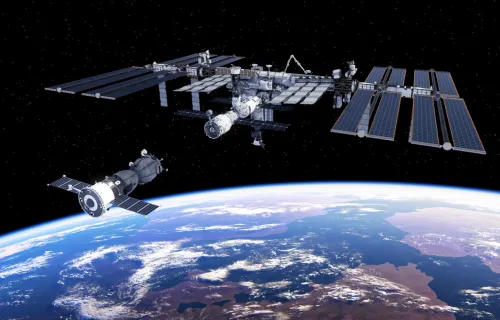Warehouse Management Systems (WMS)
About the Dutch Ministry of Defense
The Dutch Ministry of Defence has three main responsibilities:
- To protect the territories of the Kingdom of the Netherlands
- To promote international rule of law and stability
- To support civil authorities in national and international law enforcement, disaster control and humanitarian aid.
The Ministry has around 60,000 employees, making it one of the biggest employers in the Netherlands.
What the ministry of defense needed
The Ministry of Defence needed to manage and monitor the entire life cycle of munitions – from supply to use or destruction – in a transparent manner. They also needed comprehensive insight into the status of their munitions and control of the entire logistical process including authorizations, tracking and tracing and return flows. Also, the systems of the Royal Netherlands Army and the Royal Netherlands Air Force were at the end of their life cycle.
In recent years, a standardization of the processes and structures of the various branches of the armed forces has been taking place. The Ministry of Defence needed a single integrated solution for munitions – one that would replace the existing diverse systems of all the various armed services.
The challenges
The new approach for managing munitions required changes to rights and responsibilities. Besides determining authorizations in the system, organizational changes were also necessary. The relationship between warehouse and platoon, for example, became that of supplier and customer.
Another challenge involved the munitions process itself. Return packaging and the return of (partly) used munitions is complicated. Return packaging involves administration with many variables, for example, loose sleeves, containers, switches and packaging material. The Ministry required all the remnants of munitions to be returned (this is not always possible during operational deployment) and the return flows registered.
Our answer
We analyzed the processes around the life cycle of munitions. Together with the Ministry of Defence, we created a process that is acceptable to all the involved parties. We looked especially at the possible standards with commercially available off-the-shelf software, with a view to keeping the approach practical and effective.
We built a Warehouse Management System (WMS Class V) that coordinates the flow of goods in and around the munitions warehouses across all the armed services. Where previously each warehouse had its own system, now the same system administers over 50 warehouses. With WMS, all the parts have a single system that supports many functionalities including purchase, stock control, configuration and quality management.
A success story
There was successful collaboration in the operational area during this project. The Royal Netherlands Army, Air Force and Navy synchronized their munitions processes to achieve an integrated solution. This is a remarkable achievement that previously had been achieved only in a limited scale.
In a large organization, there are always exceptions. We looked at what was possible, rather than what was not. If something was not possible, we communicated it clearly and put forward alternative options. We demonstrated perseverance and a deep understanding of the system. With the help of senior Defence staff, we explained the advantages of the system to employees.
The result is a secure web portal where only authorized employees can order munitions. The users of WMS Class V have instant insight into their own authorizations, statuses and orders. The chain is highly transparent and considerably reduces the volume of telephone inquiries. The return flows are managed better and users have more flexibility in using the system.
One of the benefits of WMS Class V is that it makes it possible to always have safe munitions on a mission. Depending on the duration of a mission, only that material is selected which in principle will be useable until the end of the mission. Also, the system ensures that a mission will use only the best available munitions, rotated on the basis of First Expired First Out (FEFO).
Defence will be able to respond faster to any complications with munitions. If anything goes wrong with a particular cartridge, they can locate the relevant munitions with one press of the button and, in extreme cases, block them. WMS also helps save costs, as timely maintenance prolongs the life of munitions. With WMS, the Dutch Ministry of Defence will be a forerunner in international terms.
Contact us for more information




